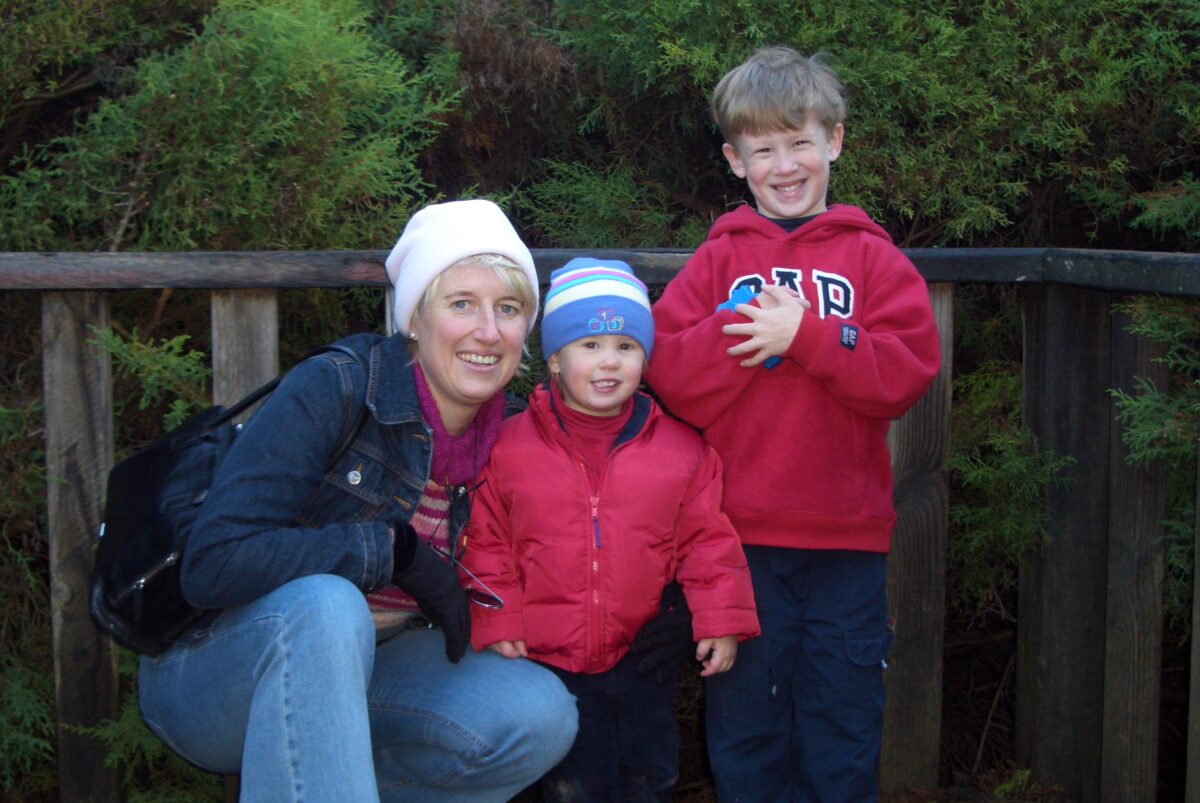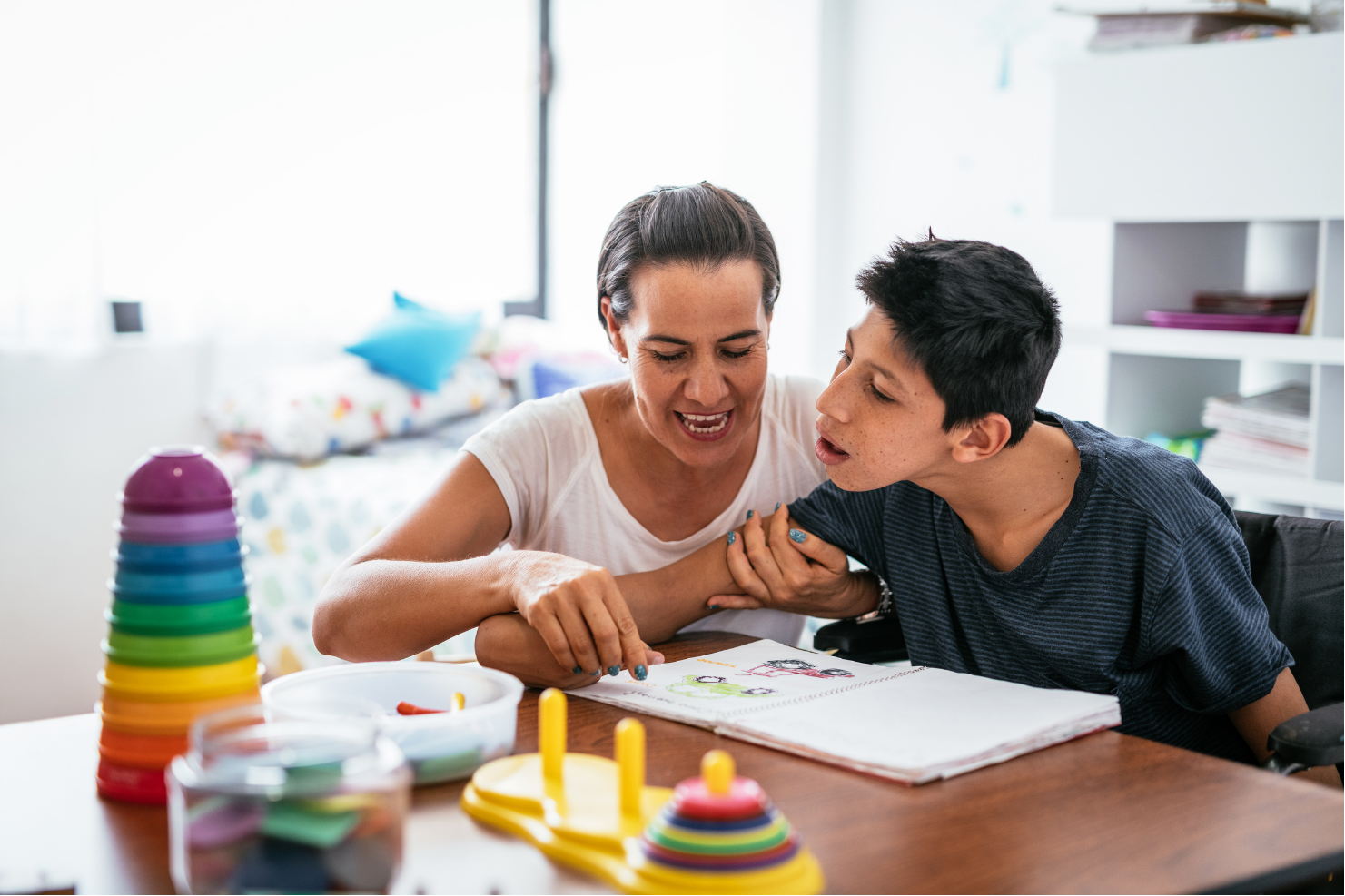Oho uses the information you provide us with to contact you about relevant content, products and services. You may unsubscribe at any time. For more information, see our Privacy policy.
Why are Credit Checks more frequently monitored than Child Safety Checks?

Why aren’t we as careful in our child safety measures as we are in applying credit checks in Australia?
Every day, at least one Working with Children Check (WWCC) is revoked in almost every state in Australia.
When applying for a WWCC, your lifetime criminal record, professional conduct, and compliance with historical and current health practitioner legislation are all meticulously assessed by the local state government.
Should you decide to do volunteer or paid child-related work in another state, you will be required to apply for a new check there and undergo the assessment again. And if a registered person abuses, their card gets revoked.
Sounds like a viable system to keep our children safe from harm’s reach, right? At least, that’s what you would expect from a country notorious for its high standards of safety.
If only this were true.
As a mother, I needed this to be true.
But I was wrong.
For years, I was sending my children to childcare, school, extra-curricular activities, and holiday programs under the blind assumption that thorough child-safety checks were being carried out by those organisations on all staff and volunteers.
I hired nannies and home help, asking to see their WWCC. I believed that sighting someone’s card was enough to know my children were safe under their care.
By now you must be asking, why isn’t this enough?
I know that I wasn’t personally verifying every single card with its register on an ongoing basis, so there was no way of knowing if that WWCC had expired, or worst – was revoked or even fraudulent.
A mere 5% of organisations are competently verifying WWCCs after hiring a new employee.
The alarming fact I discovered when I began talking to organisations about how they manage child safety:
Only 7 out of 80 child-related organisations were conducting ongoing checks to ensure that their people were continually suitable to deliver care to the children in their programs.
It is heartbreaking to learn that the organisations we rely on are not doing their duty to protect our children. The very organisations that are built upon the mission to care and support us are the ones violating our trust by the omission of the basic checks and balances that protect.
It is a scary reality that WWCCs are simply sighted, photocopied, and filed away indefinitely. That the accreditations designed to prevent harm are inconsistently and infrequently checked beyond the hiring process – often never to be seen or thought of again.
Now, every time I come across another story of abuse or malpractice in the media, it becomes more evident that, for most cases, the WWCC was not correctly and continuously checked, or else the access would never have been provided for an offense to occur.
The 8,000 publicly available testimonies shared by the Royal Commission into Institutional Child Sexual Abuse are just a crack in the wall that stands tall between us and the safety of our children.
Are we wrong to live with the expectation that if a charge was laid, causing a practitioner’s licence or WWCC to be suspended, that the organisation validating the check would notify us immediately?
Of course not. But we are wrong to assume that these verifications are occurring sufficiently on a regular basis.
I used to be a banker, and I know that banks and companies issuing credit receive updated credit histories on borrowers every 45 days.
Are we, as a society, claiming to keep our children safe, but actually keeping our money safer?
Money talks, and it appears that when comparing the checks in place to protect our financial institutions from debt and fraud in relation to the child safety measures organisations have in place to protect the vulnerable, our finances are winning by a landslide. It’s harder to get a mobile phone plan than it is to get access to a role working with children.
So, if we put our money where our mouth is, what is the cost-benefit analysis of organisational compliance?
The case for improving your child safety measures:
As most would agree, the harm caused to a loved one, the abuse of a vulnerable person, as well as the physical, emotional, and psychological damages that families can incur greatly outweigh the cost of continuous verification. Add to that the reputational implications and potential loss of revenue for the organisation.
But who should pay the price?
In recent years, the legal burden has changed to place increasing accountability and liability for child protection onto the organisation, requiring it to take reasonable care in ensuring a child-safe environment for those they serve.
Is it unreasonable to expect an organisation, that is working with children and the vulnerable, to regularly check and ensure there is no one in their organisation who shouldn’t be?
No leaders should have to stand in a court of law, attempting to defend the organisation they serve, for failure to conduct a simple check that allowed an offender access to vulnerable people.
And if the first time you hear about an issue is when the police approach the organisation, then you are already too late to ensure those in your care are protected.
Let Oho relieve the burden on your organisation.
We started Oho to protect the vulnerable by streamlining and automating the ongoing verification process, mitigating the risk for organisations by quietly and attentively monitoring accreditations in the background. We do this through continuous validation, expiry management, and many other features.
With these vulnerable person and child safety measures in place, organisations can be confident in meeting their number one priority: protecting those in their care.
With every unconscious assumption that a parent makes about employee checks being verified, Oho ensures our systems do not fail them.
I was that parent once, but I refuse to spend another minute making the same mistake again.
Oho stands guard beside you, so you can feel confident knowing those delivering care are safe to do so. We are on a mission to prevent abuse and ensure the most vulnerable people in our society are protected. It’s the whole reason why we do what we do.



